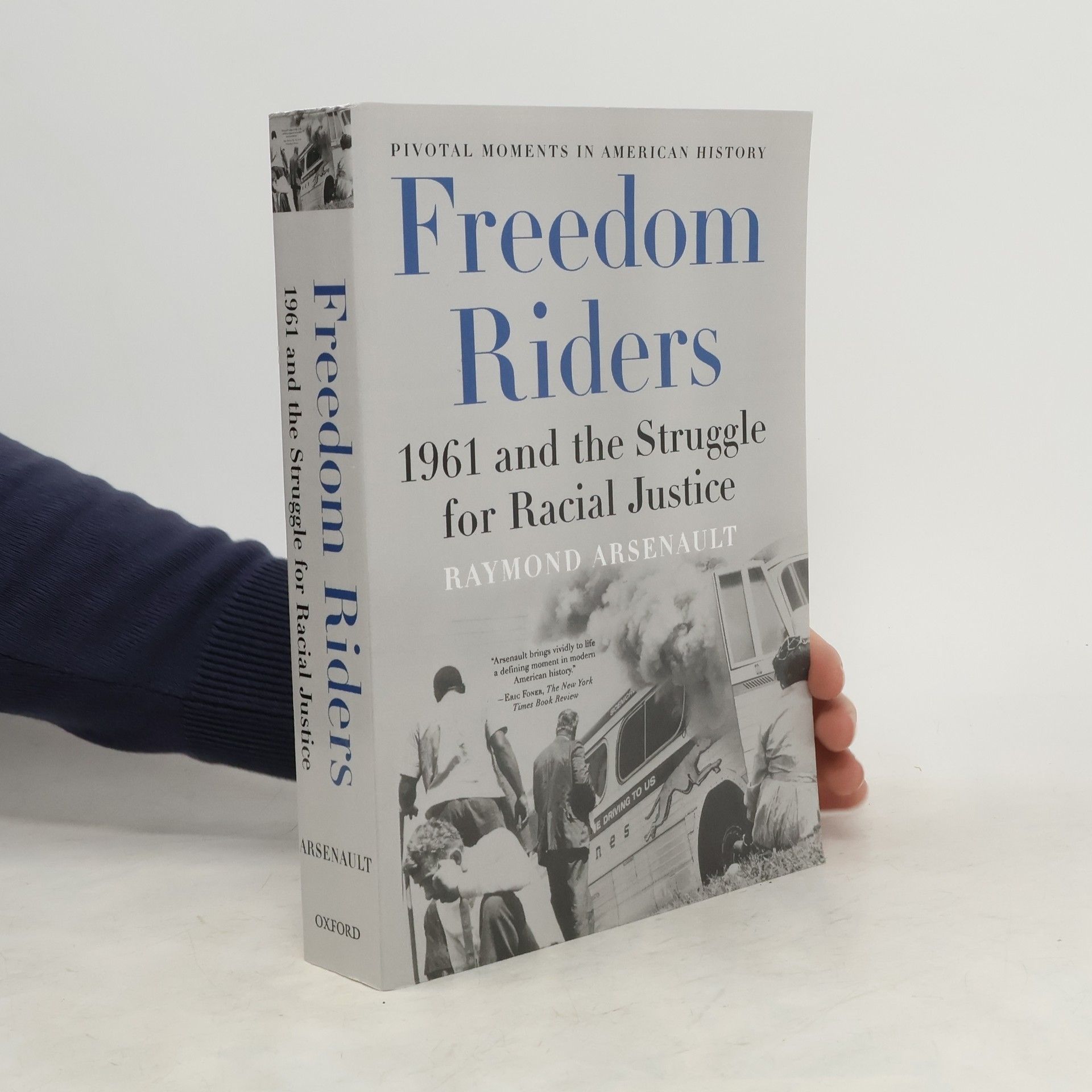For six decades John Robert Lewis was a towering figure in the U.S. struggle for civil rights. As an activist and progressive congressman, he was renowned for his unshakable integrity, indomitable courage, and determination to get into "good trouble."In this biography of Lewis, Raymond Arsenault traces Lewis's upbringing in rural Alabama, his activism, his championing of voting rights and anti-poverty initiatives, and his decades of service as the "conscience of Congress."Both in the streets and in Congress, Lewis promoted a philosophy of nonviolence to bring about change. He helped the Reverend Martin Luther King Jr. and other civil rights leaders plan the 1963 March on Washington, where he spoke at the Lincoln Memorial. He was instrumental in the passage of the Voting Rights Act of 1965, and he advocated for racial and economic justice, immigration reform, LGBTQ rights, and national health care.Arsenault recounts Lewis's lifetime of work toward one overarching realizing the "beloved community," an ideal society based in equity and inclusion. Lewis never wavered in this pursuit, and even in death his influence endures, inspiring resistance in the fight for social justice.
Raymond Arsenault Bücher


Freedom Riders: 1961 and the Struggle for Racial Justice
- 704 Seiten
- 25 Lesestunden
The author offers a meticulously researched account of the Freedom Rides, one of the most compelling chapters in the history of civil rights. The book paints a harrowing picture of the outpouring of hatred and violence that greeted the Freedom Riders in Alabama and Mississippi.